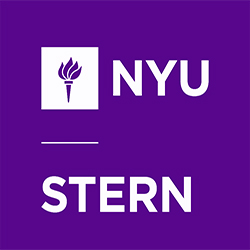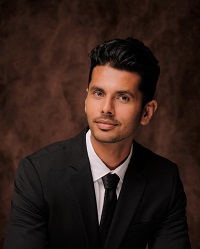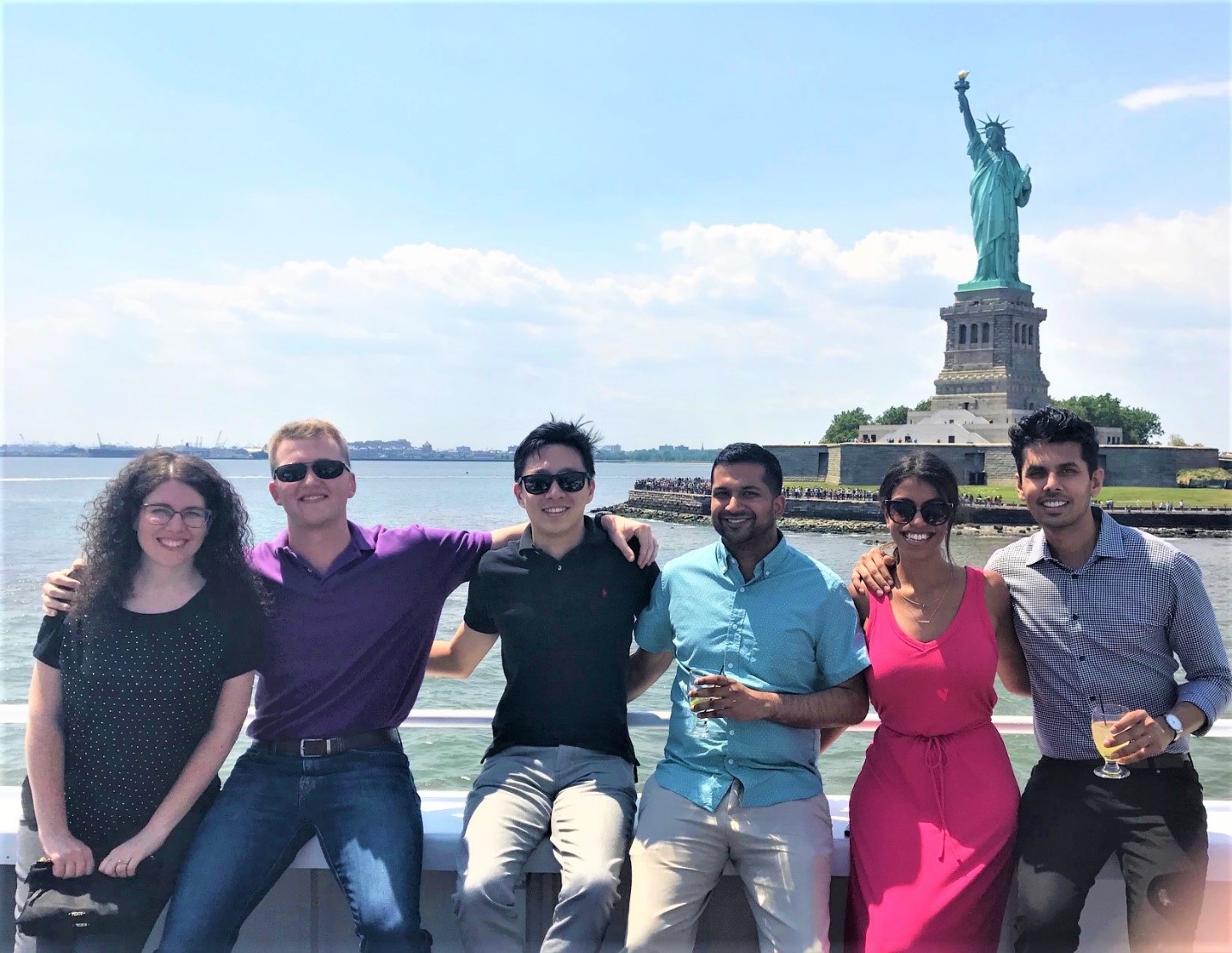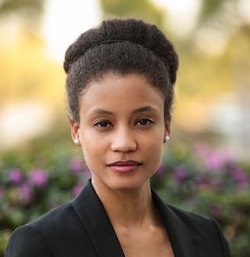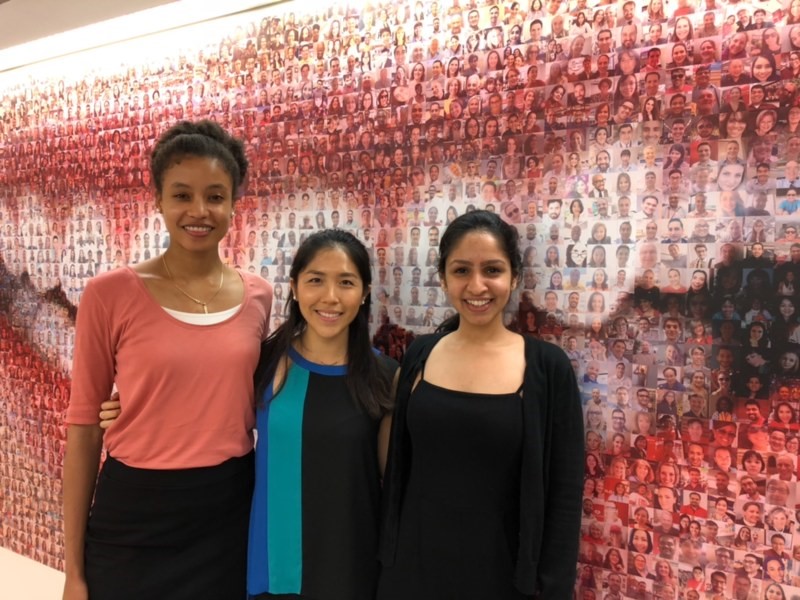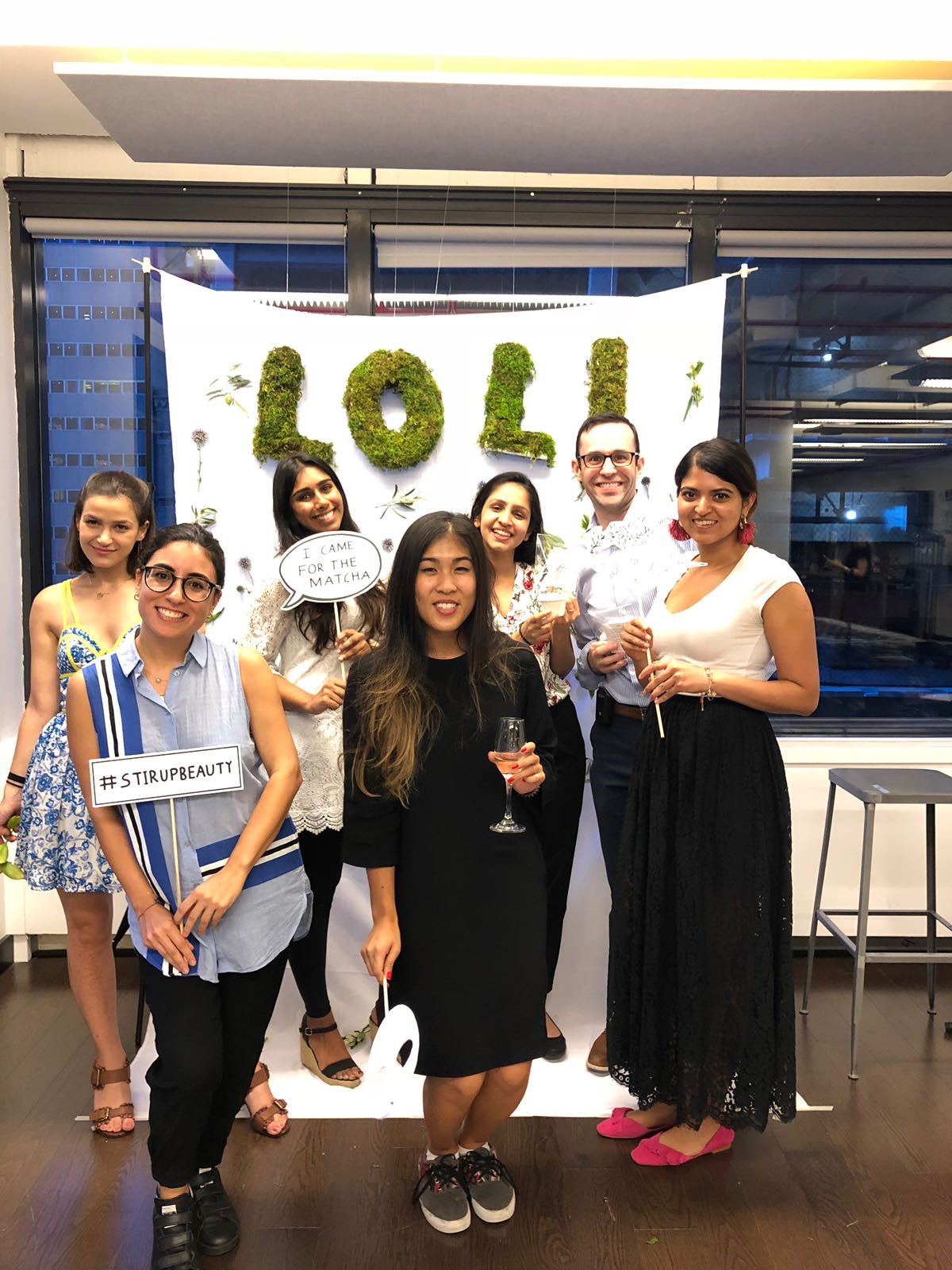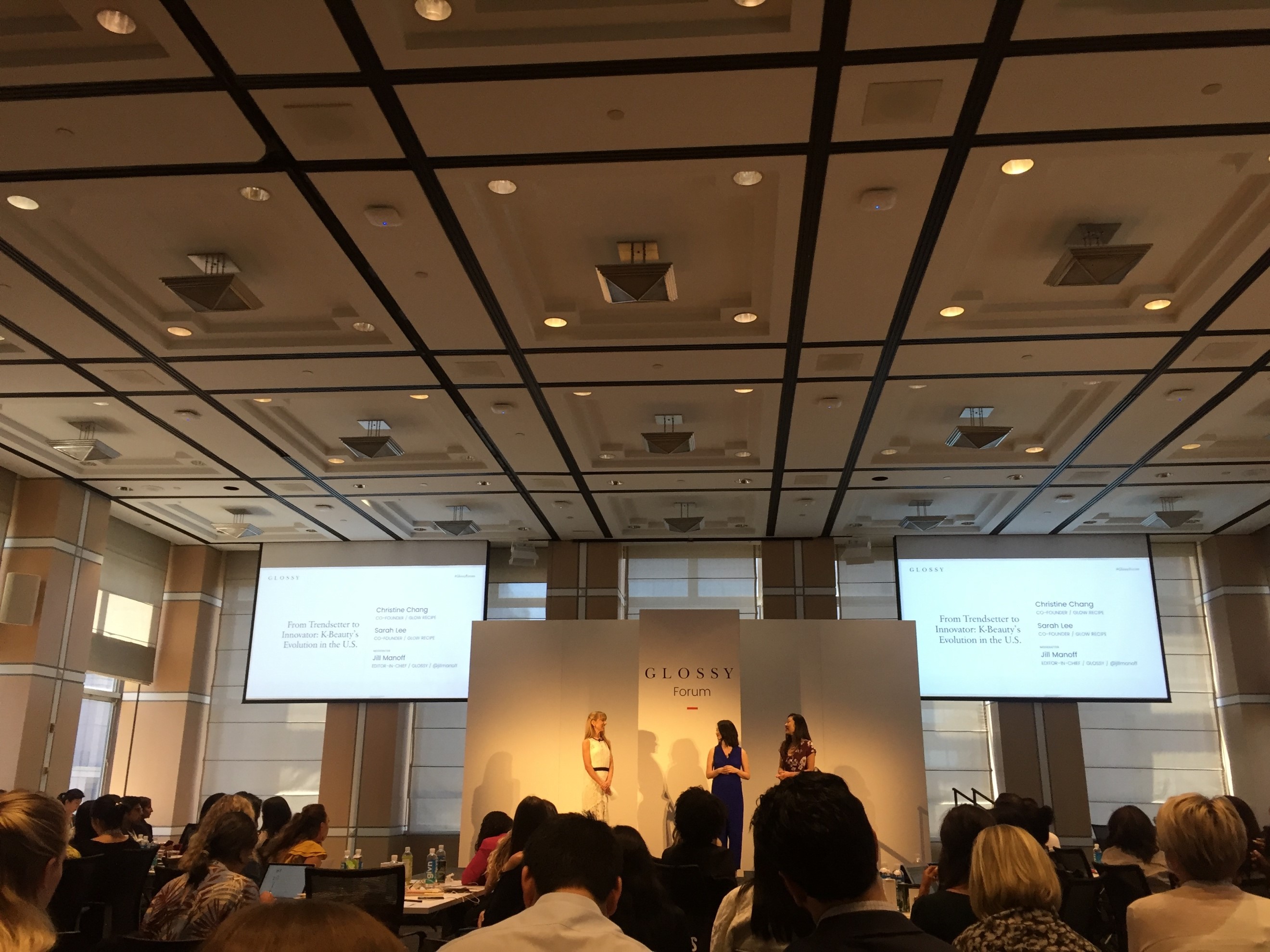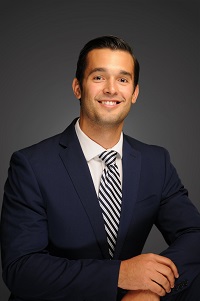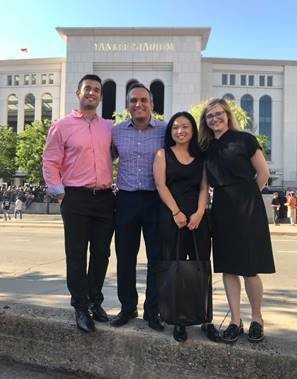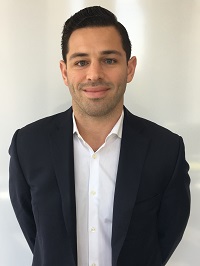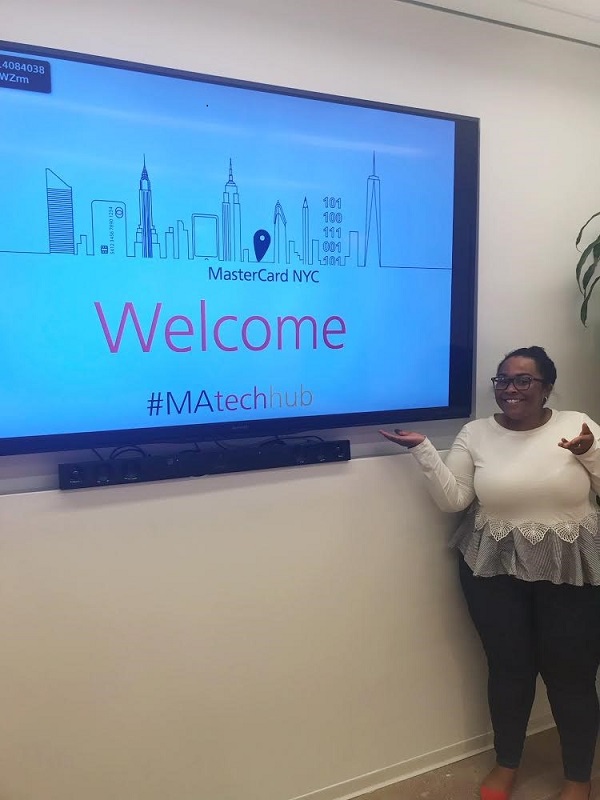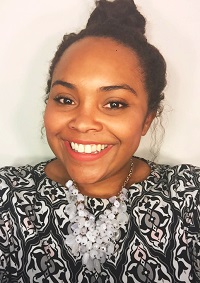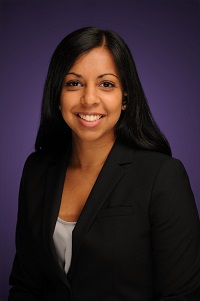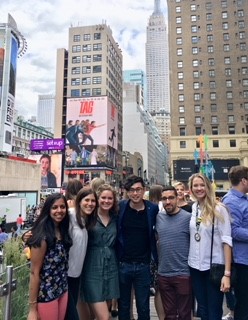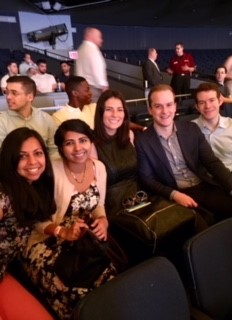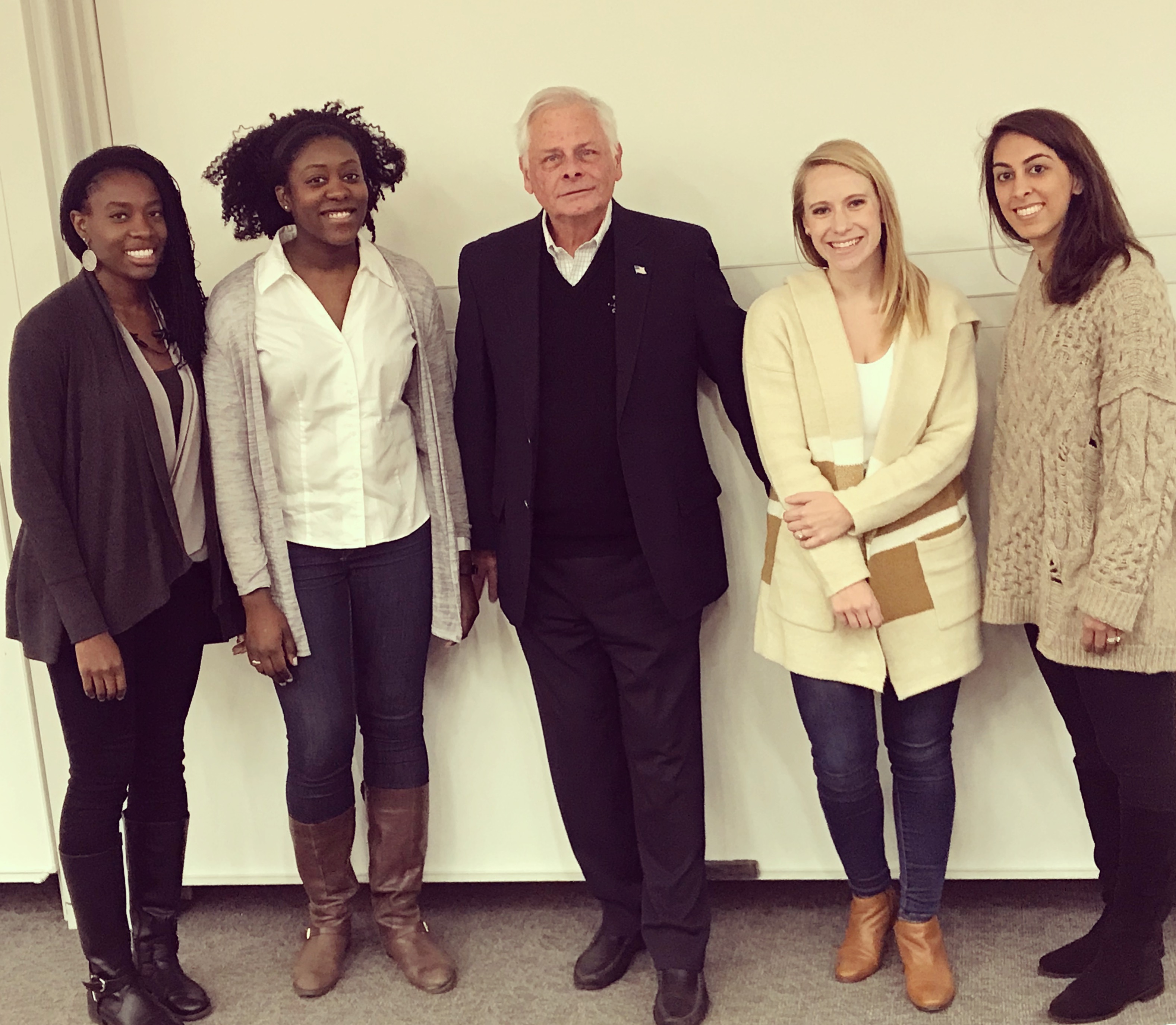 As a second-year student and Graduate Ambassador at NYU Stern, I often speak to prospective students about the school, the admissions process, and my experience as a student. Unsurprisingly, a large number of these conversations turn into a Q&A about the admissions process at Stern. Although the admissions website answers the majority of questions, applicants are frequently looking for “real” answers and the inside scoop on the admissions process.
As a second-year student and Graduate Ambassador at NYU Stern, I often speak to prospective students about the school, the admissions process, and my experience as a student. Unsurprisingly, a large number of these conversations turn into a Q&A about the admissions process at Stern. Although the admissions website answers the majority of questions, applicants are frequently looking for “real” answers and the inside scoop on the admissions process.
Below are the Top 5 questions I get related to admissions:
Question 1: How important is the GMAT/GRE? How much is the GMAT/GRE weighed in my application?
Answer 1: The admissions process truly is holistic and the school does not weigh any components of the application. Your GMAT/GRE score is just one of many components that are evaluated when making admissions decision.
While thinking through what score you are aiming for, I would recommend taking a look at the Class Profile. There, you can find the 80% and 100% range for GMAT scores of the latest incoming class
Question 2: When is the best time to apply? Should I apply First Round to improve my chances?
Answer 2: Applications at NYU Stern are reviewed on an ongoing basis and the best time to apply is when you feel your application is the strongest.
If you are ready to apply by the first deadline, then you should. However, if you feel your application could be stronger in a later round (i.e. higher test scores, more polished essay, etc.) you should wait.
Historically, deadlines earlier in the cycle have not impacted an applicant’s opportunity for admission or scholarship.
Question 3: I don’t come from a “traditional” background, will I be at a disadvantage?
Answer 3: NYU Stern admits a class with a wide range of professional experiences because that is what makes the MBA experience so enriching. If you look at the Class Profile, you will notice that all industries and backgrounds are represented including education, military, and entertainment. Historically, only about 1/3 of the class comes from “traditional” finance or consulting backgrounds.
You may be interested to know that MBA recruiters also look for a diversity of professional experience in their hiring process. The important thing to focus on is why you feel an MBA is right for you based on your experience and future goals.
Question 4: How important are the essays and what is admissions looking for?
Answer 4: Both the Professional Aspirations and “Pick Six” essays are important components of your application. These essays let you tell your story to Admissions.
For the Professional Aspirations essay, I would focus on two key things: being clear and being genuine. Your essay should clearly and concisely answer the questions asked. Similarly, your essay should convey a genuine interest in NYU Stern and explain why NYU Stern is the right place to achieve your goals.
On the other hand, the “Pick Six” essay is your chance to showcase your personal and creative side. This essay / collage of pictures is your chance to showcase who you are beyond your resume and professional experience. There is no set format, so just follow the guidelines and have fun.
Question 5: In general, how do I stand out in my application?
Answer 5: The applicants who stand out are those who know themselves well, and are passionate about their goals and their fit with NYU Stern. As I mentioned previously, the admissions process is a holistic one that doesn’t favor one part of the application over another and the strongest applicants are often well-rounded.
Just like you would study and prepare for an exam or a big presentation at work, your application should be polished and well-reasoned. To stand out, make sure your application has an informed and intelligent answer to why you want to get a MBA and why NYU Stern is the right place for you.
I hope these questions and answers were helpful. If you have any additional questions, please feel free to reach out to me and the other Graduate Ambassadors for Stern’s MBA programs at mbaga@stern.nyu.edu.
